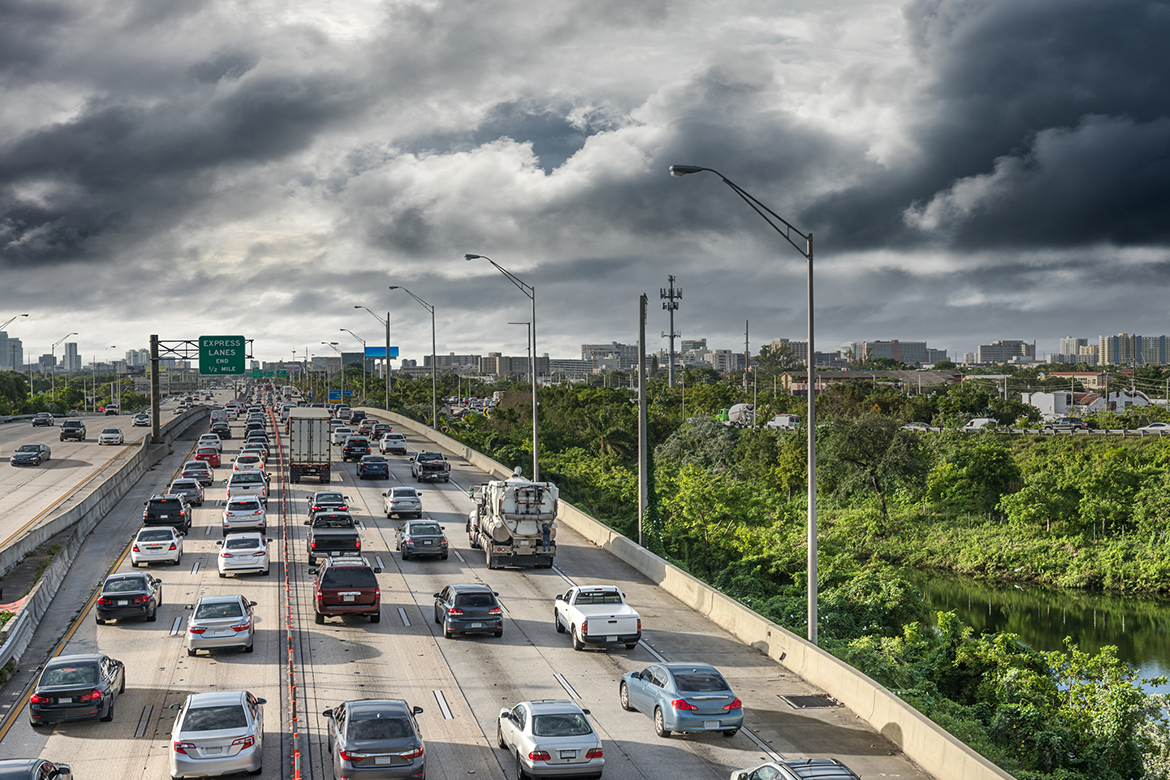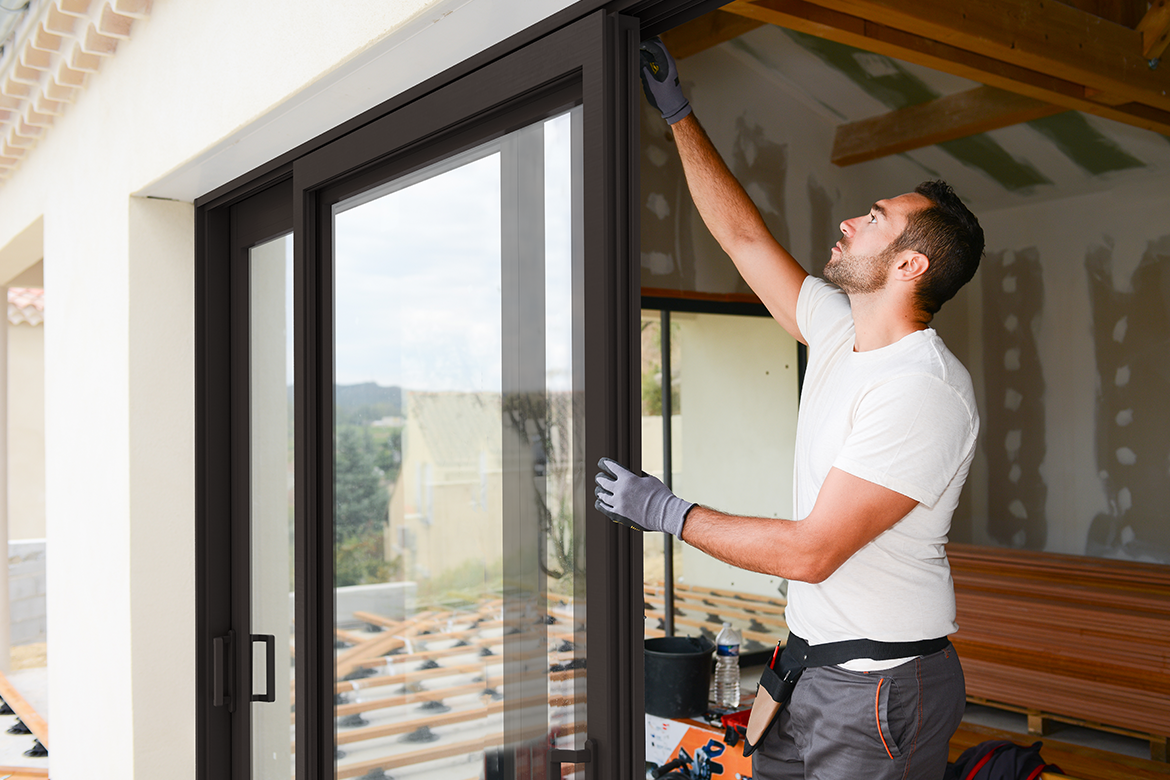While boarding windows and prepping sandbags are often top priorities for homeowners when a hurricane is bearing down on them, you don’t have to wait until you’re in the path of a major storm to take steps to protect your home and belongings.
Related: Download Our 2021 Hurricane Guide
Read on for a roundup of six things you can do before hurricane season to be as prepared as possible for high winds and other threats associated with extreme weather.
Have a plan
It’s hard to be level-headed when a Category 4 hurricane is heading your way. This is why it’s essential to have a plan in place before you’re within striking distance of a storm.
Sticking to your community’s disaster preparedness plans is an invaluable endeavor. Make sure you agree upon a meeting place or point-of-contact with all family members, know your evacuation route, and have an evacuation plan in place for pets as well as people.
Related: 4 Ways to See if You’re Prepared for the Next Hurricane
You should also identify as a shelter room in the event that you’re unable to evacuate in time. This should be in a central part of your home away from windows and doors.
Other elements of a thorough hurricane preparation plan? Keeping phones charged, testing your generator, and stocking up on generator fuel as well as gas for your car.
Speaking of cars, you’ll also need a place to move yours when the storm hits. If you don’t have access to a garage, even moving your cars to higher ground can keep them secure. Avoid low-lying areas and under trees and power lines.
Prepare a “go kit”

Stopping to gather must-have items during an emergency wastes precious minutes. To avoid ending up in this stressful situation, prepare an emergency kit in advance.
Insurance company Chubb recommends including flashlights, a portable radio, extra batteries, cash, blankets, clothing, toiletries, non-perishable food, and bottled water.
Also include printouts of important documents, such as emergency phone numbers and insurance information. If you lose power, you may not be able to easily access this information online.
Secure your home’s exterior
When a storm is in your forecast, you’ll be busy bringing in all outdoor patio furniture, potted plants, and other items likely to be impacted by high winds. To minimize your to-do list in the hectic days, hours, and minutes before a storm, keep all large trees and shrubs trimmed and tidy.
If stormwater tends to collect near your home, look into regrading your home for long-term benefits. This will direct the flow of stormwater away from your home’s foundation. According to home inspection company US Inspect, fixing “negative grade” can be as simple as adding soil around the foundation.
Related: Hurricane Season Home Preparation
Upgrade to impact-resistant windows and doors

Featuring our Sentinel Sliding Glass Door 150
Windows, doors, and other entry points are the most vulnerable part of your home, according to AccuWeather. One of the best ways to protect your home from damaging winds and airborne debris? Invest in impact-resistant windows and hurricane impact doors.
There’s a reason why so many homeowners are choosing to make safe, convenient, and attractive upgrades like hurricane windows and impact French doors. They’re not only a wonderful way to safeguard your home by reducing the likelihood of shattering, but they also add immediate value to your property. (Given their protective potential, it’s not surprising that building codes now require impact windows or hurricane shutters on all new construction.)
The benefits of impact-resistant windows don’t end there with storm protection. They can also help you trim energy costs, reduce noise pollution, and keep intruders out.
Protect your valuables
When the clock is ticking, the last thing you want to be doing is scrambling around trying to track down important documents. Instead, store insurance policy information, birth and marriage certificates, legal papers, and other important documents in a secure location, such as a bolted safe in an interior closet or a safety deposit box. Other smaller valuables, such as jewelry, should also be stored here.
Review your home’s insurance coverage
A destructive storm can wreak serious havoc on your home and belongings. Adequate insurance coverage mitigates these costs.
The Insurance Information Institute (III) recommends reviewing your policy for several things to ensure that you have adequate coverage. In addition to structural coverage, you’ll also need coverage for your possessions as well as for additional living expenses if you need to relocate while your home is being repaired or rebuilt. This is also a good time to check your hurricane/windstorm deductible.
Take time now to create a detailed inventory of all of your possessions. This will help you determine how much insurance you need while also helping your claim settle faster after a disaster. This task may seem daunting, but it’s a relatively straightforward process. III’s step-by-step instructions for creating a home inventory are very helpful.
While it’s never too late to shore up your home’s defenses against a hurricane or other extreme weather, planning ahead minimizes stress and maximizes safety. To safeguard your home and its inhabitants, consider taking these six steps now to hurricane-proof your home.
